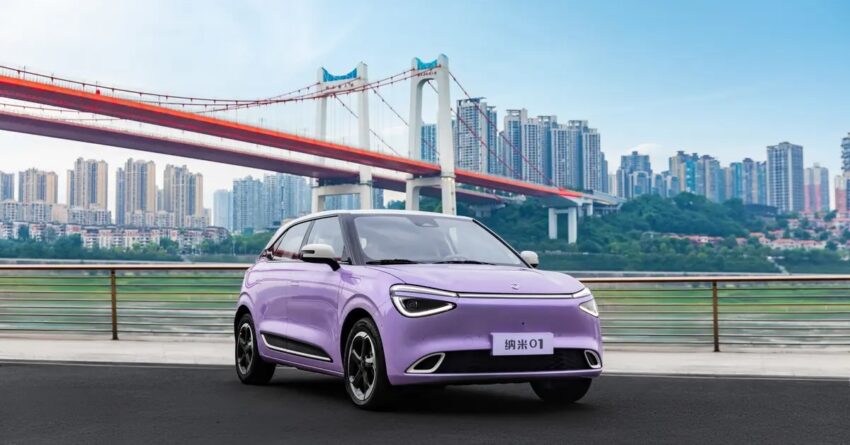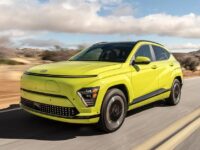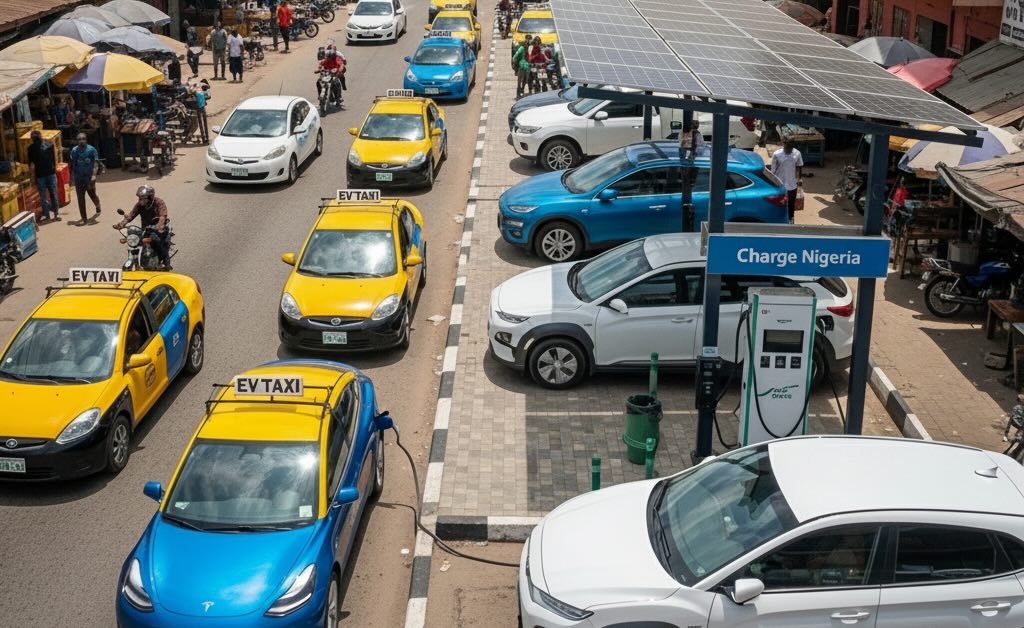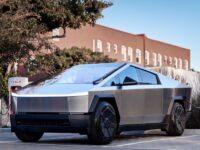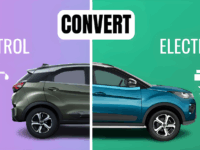The Nigerian electric vehicle (EV) market is slowly but steadily gaining momentum. While premium EVs like Tesla and BYD dominate headlines, many Nigerians are searching for affordable yet reliable options that suit local conditions. One standout candidate making waves in Asia and now gaining attention globally is the Dongfeng Nammi 01. With a focus on affordability and city-friendly features, could this be the EV that finally makes the switch more accessible for many Nigerians? Let’s take a closer look.
Design & Build Quality
The Dongfeng Nammi 01 is a compact hatchback designed primarily for city driving. Its exterior is sleek and modern, with smooth curves and a futuristic front fascia that easily rivals pricier competitors. Despite being small in size, it doesn’t compromise on space, the cabin feels airy, with comfortable seating for five passengers.
This makes it a practical choice for urban dwellers in Lagos, Abuja, or Port Harcourt, where compact cars are easier to maneuver through heavy traffic.
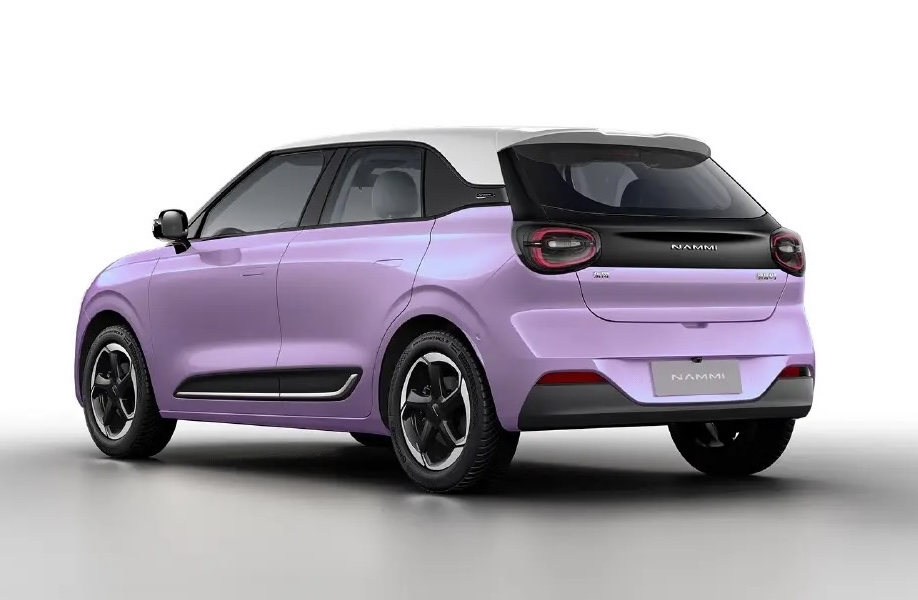
Performance That Matters for the City
Under the hood, the Nammi 01 is powered by a front-mounted electric motor that generates 70kW (94 horsepower) and 160Nm of torque. While these figures won’t win any drag races, they are more than adequate for daily commutes, navigating stop-and-go traffic, and getting around town. The car has a top speed of 140km/h, ensuring it can handle the occasional trip on the expressway without any issues.
The Nammi 01 comes with two battery options: a 31.45kWh and a larger 42.3kWh. The smaller battery offers a CLTC range of 330km, while the larger one extends that to an impressive 430km. These ranges are well-suited for the average Nigerian driver, covering multiple days of urban travel without the need for constant recharging.
Interior and Features: Tech-Focused Comfort
Stepping inside the Nammi 01 feels like entering a tech hub on wheels. The dashboard is dominated by a large 12.8-inch infotainment screen that supports voice control, smartphone mirroring, and over-the-air (OTA) updates. It also features a smaller 5-inch digital driver display. The interior is surprisingly spacious for its size, with comfortable seating and thoughtful storage solutions. A particularly useful feature for the modern professional or student is the drawer-style vanity on the passenger side, which can serve as a convenient laptop desk.
For safety, the Nammi 01 includes a comprehensive suite of features such as a 540-degree panoramic view system for easy parking, front collision warning, lane departure warning, and adaptive cruise control on higher-end models.
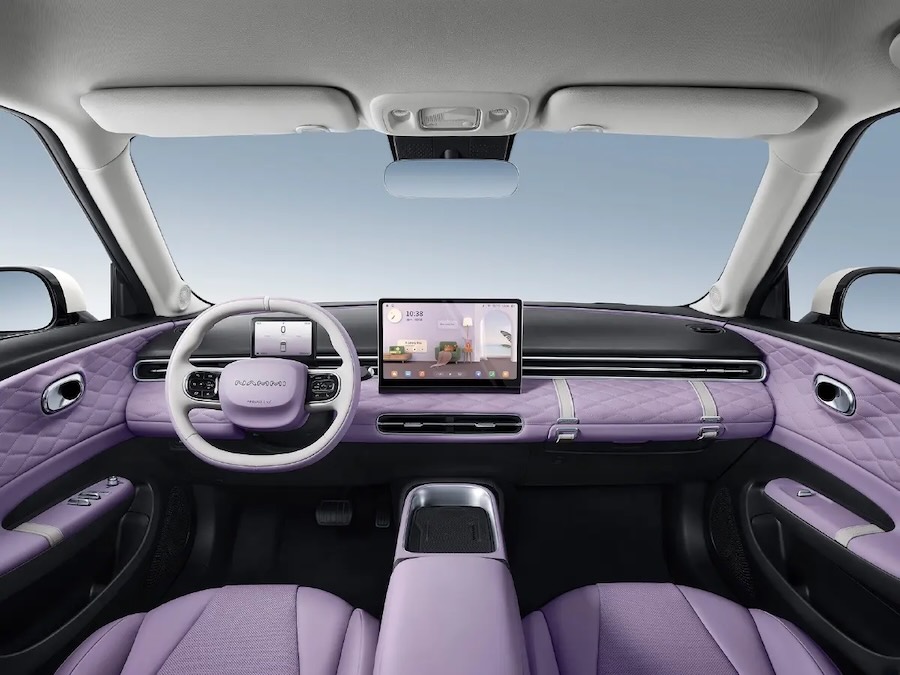
Affordability & Pricing
The Dongfeng Nammi 01 is priced at around ₦38 million – ₦42 million (depending on trim and import duties). While this may sound high compared to petrol cars, it’s among the most budget-friendly EVs available in Nigeria’s current market.
Compared to BYD Atto 3 or Hyundai EVs, the Nammi 01 undercuts them by several million naira while still offering solid features.
Charging & Infrastructure in Nigeria
One of the biggest concerns for potential Nigerian EV buyers is charging convenience. The Nammi 01 supports both AC charging (slow home charging) and DC fast charging. With a DC charger, you can juice up from 30% to 80% in less than 40 minutes.
For now, home charging remains the most practical option for Nigerian EV owners, especially with solar-powered inverter systems becoming more common. The Nammi 01’s modest battery size means it won’t overwhelm home energy setups.
Pros & Cons for Nigeria
| Pros | Cons |
|---|---|
| Affordable compared to other EVs in Nigeria | Limited brand recognition compared to BYD or Tesla |
| Compact size makes it ideal for city driving | Spare parts and after-sales support may be a challenge initially |
| Good range (330–430 km) for Nigerian conditions | Best suited for city driving—not rugged Nigerian rural roads |
| Compatible with home solar + inverter setups | Price is still out of reach for most middle-class buyers |
| Modern, stylish design | — |
Final Verdict
The Dongfeng Nammi 01 is a strong contender for Nigerians looking to make the switch to electric mobility without breaking the bank. Its affordability, decent range, and compact size make it a good fit for urban environments, though concerns around after-sales service and charging networks remain.
For early adopters of EVs in Nigeria, especially those with access to home solar charging, the Nammi 01 could be an excellent entry point into the EV revolution.
